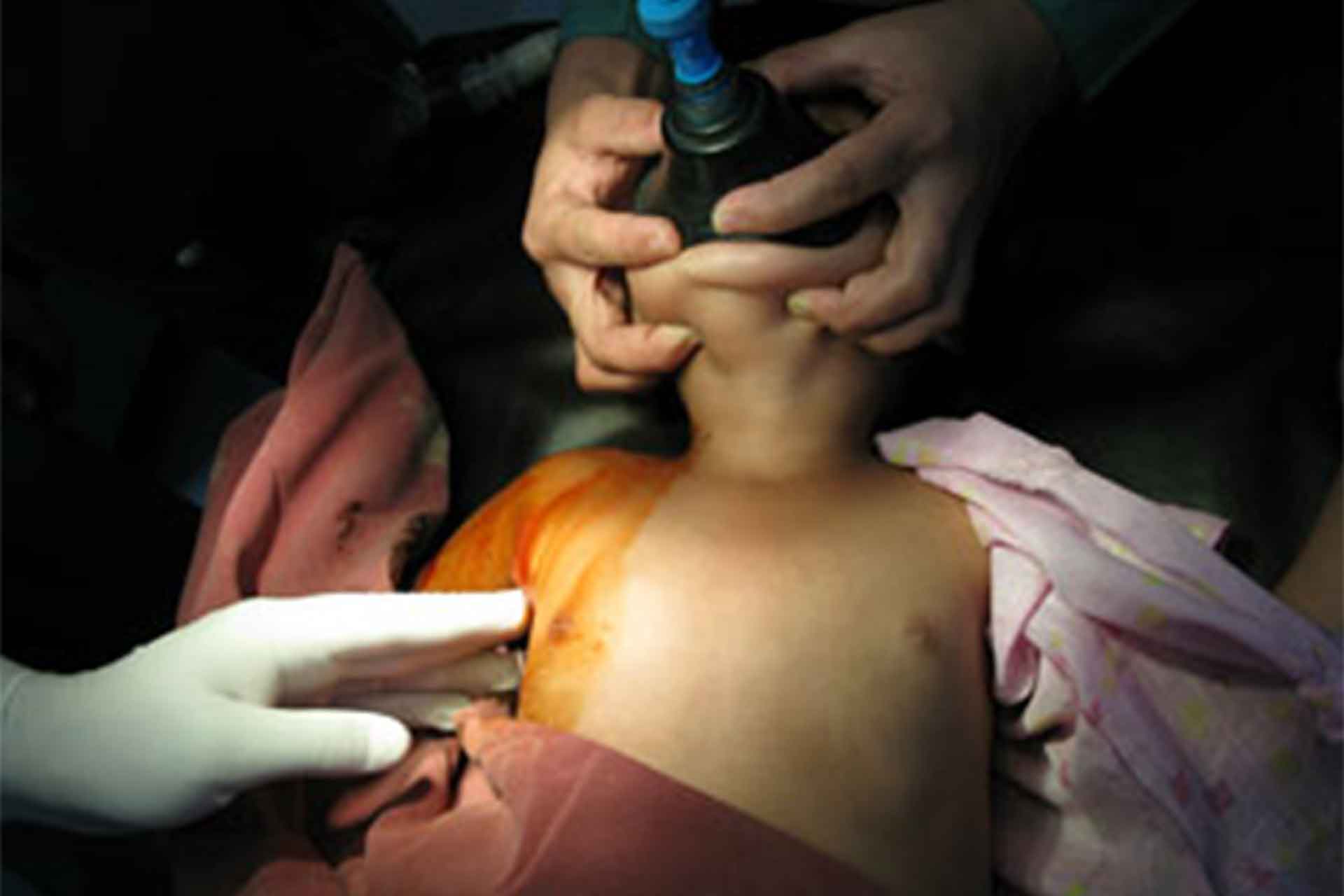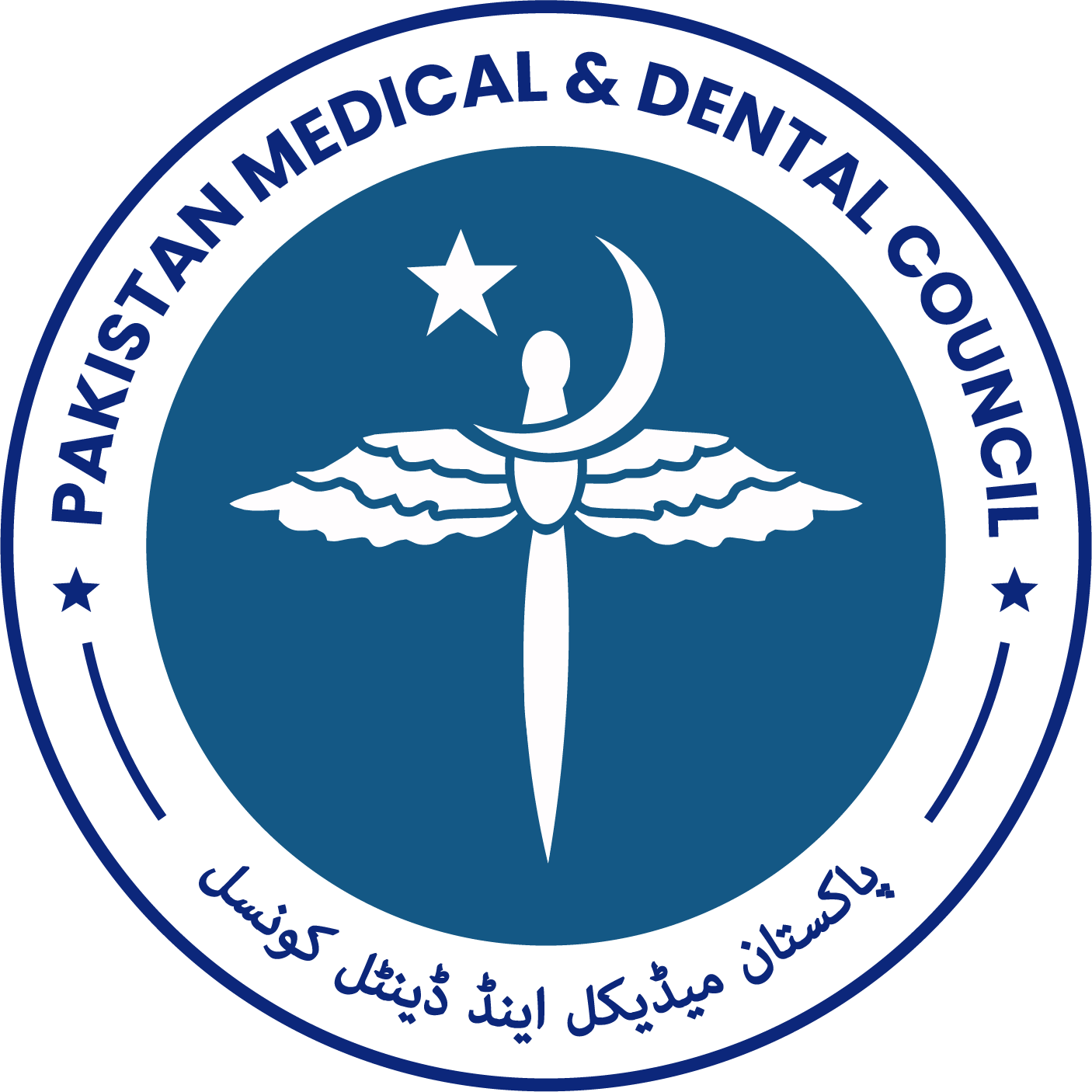Ensuring Safe and Effective Pain Management
Department of Anesthesiology
The surgical specialties (general surgery, orthopaedics, obstetrics and gynecology, ENT, dentistry and ophthalmology) depend on the services provided by the Anesthesiology Department. The department consists of 9 doctors and 6 anesthesia technicians who take care of 8 operation rooms and an endoscopic room. The department also looks after 8 beds ITU. 15 –20 operations are done on daily bases. Because of the endemic problem with HIV/HCV/HBS there is a separate OT allocated for the patients with these problems, the equipment is also separated and cleaned and autoclaved separately. Administering anesthesia requires skill. The Department provides clinical anesthesia services and critical care management of surgical critically ill patients throughout the hospital.
The academic and clinical team comprises 9 able doctors and 6 qualified anesthesia technicians. The department looks after 9 operation theatres and extends services to the surgical ICU. The academic program in the department organizes discussions and debates on interesting cases. The faculty members are encouraged to attending national and International conferences.
The Anesthesiology Department meets the needs for surgical procedures. They handle both, elective and emergency cases on a daily basis. Every patient is given an assessment before anesthesia is administered. The department also provides assistance in the management of ventilator patients and in the immediate post-operative management of patients in the surgical ICU.

Precision and Care in Every Procedure
Operation Theater
There are 9 operating theaters. The operation theatres are equipped with basic equipment. The department manages a centralized supply of oxygen and vacuum from a gas manifold. Monitoring equipment like the multi-parameter monitors other life saving machines is of high standards. The theaters are closely located with the A&E for emergency access and prompt treatment. Recovery area is located, adjacent to the main operation theater. The entire block is maintained a sterile zone through periodic fumigation. Sterilization is double checked with periodic bacterial contamination detection by means of procedures dictated by the Infection Control Team.


